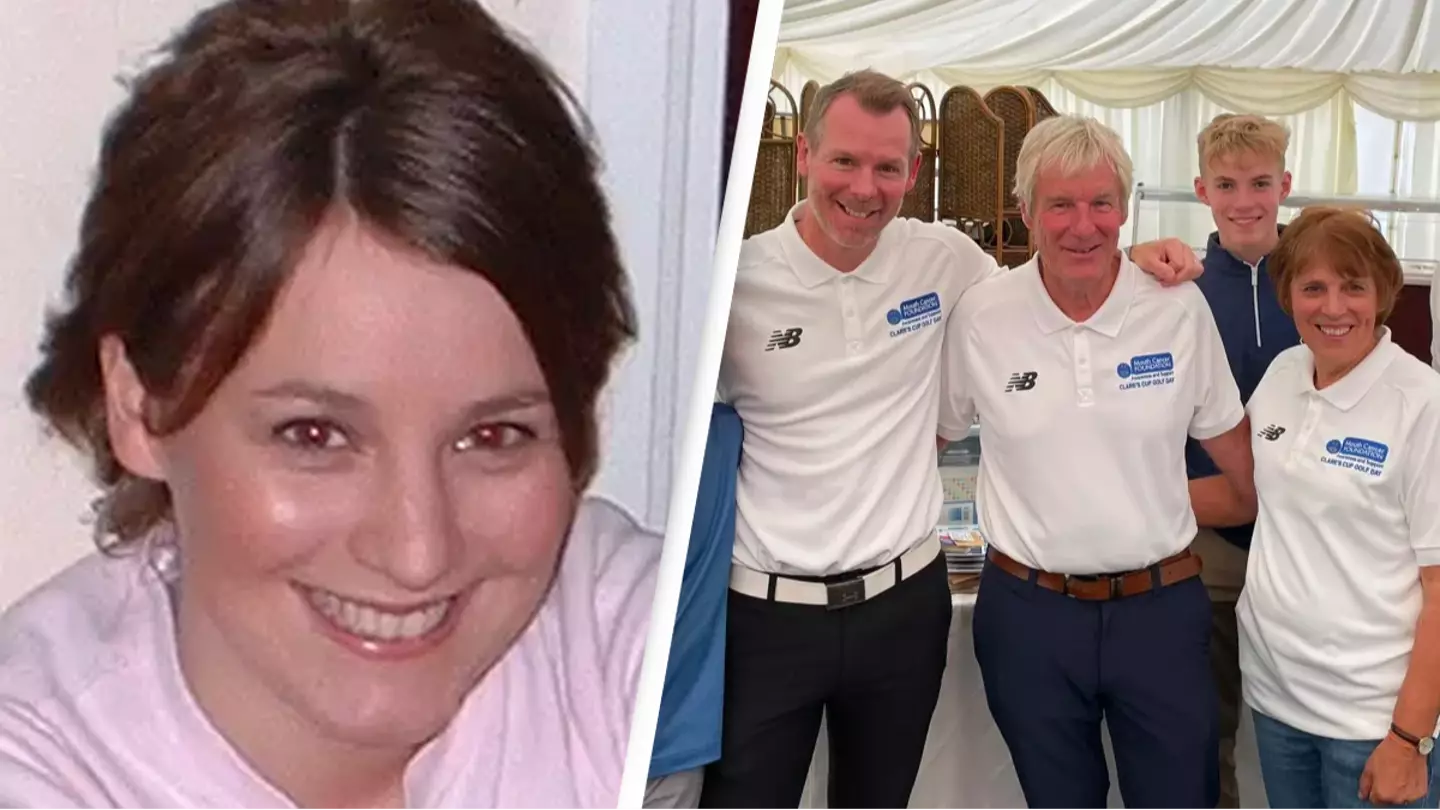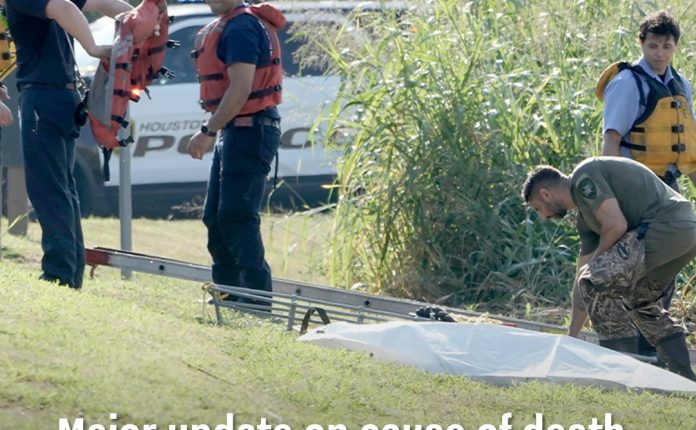
The National Cancer Institute states that cancer is among the leading causes of death worldwide, with almost 20 million new cases being diagnosed in 2022 alone.
Some of the most common cancers worldwide include breast, lung and colonial, while other forms such as merkel cell carcinoma – a type of skin cancer – and gallbladder cancer are considered rare.
Another form of uncommon cancer is that of the mouth. Mouth Cancer Foundation states that oral cancer affects 650,000 people per year, with an increasing number of women being diagnosed with the disease.
One woman who was told she was suffering from mouth cancer in February 2003 was Clare Jones.
.jpg)
Clare was diagnosed with mouth cancer after finding an ulcer (Pat and Colin Jones)
When she was just 19, the Loughborough University student allegedly noticed a white ulcer situated between her tongue and gum.
After nine months of appointments with both doctors and dentists, Clare was diagnosed with mouth cancer—a moment her mother Pat, 71, has recalled as ‘world-stopping’.
“It was terrible, our world stopped,” Pat told The Sun. “She was so brave and never complained once. But no clear cause was given for the cancer.”
Following the teenager’s diagnosis, she initially underwent two surgeries. The first was to remove part of her tongue, and the second was to remove half of it.
The secondary surgery lasted for ten hours and included reconstruction with skin, blood and nerves from her arm, as per the publication.
In June 2005, Clare graduated from school with a degree in Information Management and Business Studies, earning her a job within the NHS Trust.
However, within 12 months, the woman had been diagnosed with secondary bone cancer.
Despite undergoing another operation and finishing rounds of radio and chemotherapy treatments, an MRI scan in 2007 found that there had been no change in the size of her cancer, which had spread to her brain.
Four years after her first diagnosis of mouth cancer, Claire died surrounded by her family at the age of 23.
Pat has since described her daughter as ‘amazing’, before stating her family ‘hadn’t heard’ of mouth cancers before Clare’s diagnosis.
“We’re pleased to see more dentists are looking for signs of mouth cancer at routine check-ups than we noticed when Clare was diagnosed,” she continued.
“All health professionals should be more vigilant, especially in young adults.
“Also, if in doubt, get checked out.”

Clare’s mom Pat has called for health professionals to be more ‘more vigilant’ (Mouth Cancer Foundation)
What are the symptoms of mouth cancer?
Macmillan Cancer Support states that the ulcer Clare developed is one of the most common symptoms of oral cancer.
Areas that may be affected include the inside of the cheeks, the roof of the mouth, lips, gums, and the tongue.
If the sore doesn’t heal in three weeks, you are advised to seek out medical advice from your GP.
Other symptoms of oral cancer include a lump thickening in the mouth or on the lip, bleeding from the mouth, bad breath, and a lump in the neck.
Red or white patches that do not go away can also be an early sign of cancer, as well as difficulty chewing, swallowing or speaking.
Alistair Fry, a consultant oral and maxillofacial surgeon at Cromwell Hospital in London claims that mouth cancer diagnosis can sometimes come too late due to patients ‘incorrectly attributing problems in the mouth to dental infections’.
“It’s important to get checked if you have a lump, ulcer or patch in the mouth that lasts longer than two weeks,” he stated to The Sun. “Early diagnosis is crucial.”


